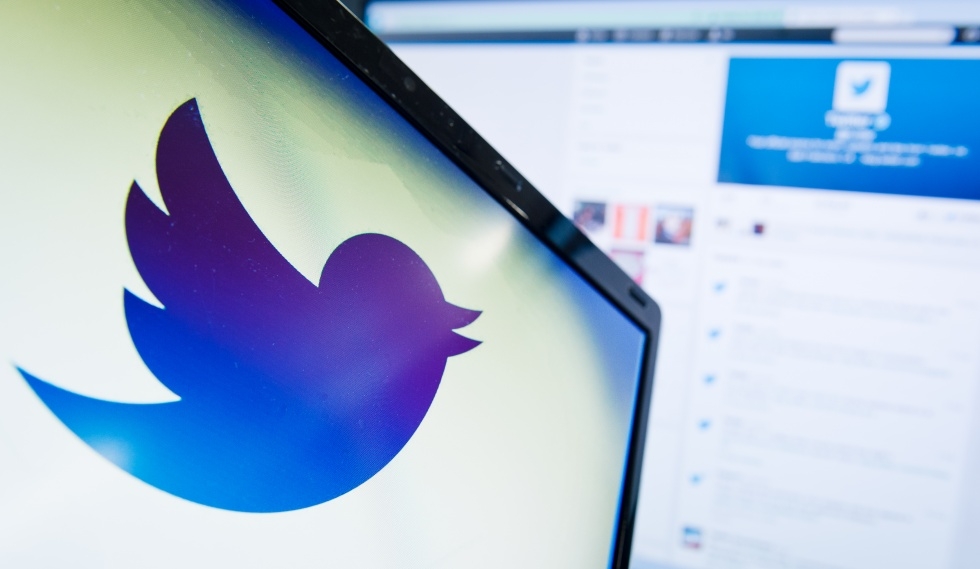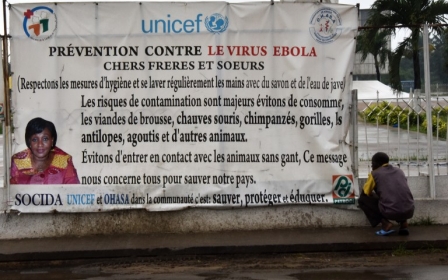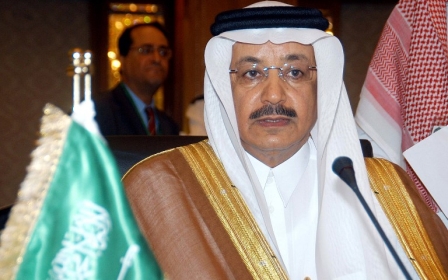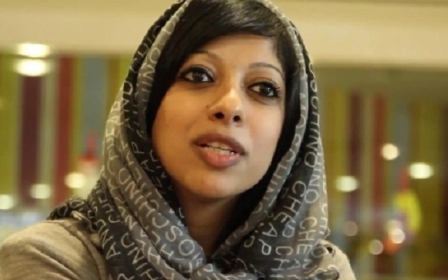GCC must 'regulate' social media to 'reduce political pressure': minister

A Bahraini minister has called for Gulf States to “regulate” social media that has been used to “politicise rights issues” and put them under pressure to institute political changes.
Bahrain’s Minister of State for Media Affairs Sameera Bin Rajab called for the formulation of a strategy to reduce political pressure on member states at the meeting of information ministers at a Gulf Cooperation Council (GCC) meeting in Kuwait on Wednesday.
“It is important to take advantage of the international efforts that seek to regulate the electronic media in order to reduce the pressure exerted on the countries in the region under the pretext of freedom of opinion and expression, and which is being misused to blackmail and impose specific views,” she said.
While Gulf States have so far largely escaped the convulsive tumult of the Arab Spring, social media has increasingly become a popular medium for citizens to express criticism of authorities.
GCC members have all carried out prosecutions against dissidents who use social media to express critical views, with many of the convictions related to Twitter activity.
In Bahrain leading pro-democracy advocate Nabeel Rajab was recently re-arrested after he tweeted an accusation that security institutions had been “the first ideological incubator” for those among the Bahraini security forces who had left the country to join Islamic State (IS) militants in Syria and Iraq.
In Kuwait on Wednesday Bahraini minister Sameera bin Rajab said social media sites had become the focus for those seeking to foster political change in the Gulf monarchies.
“The media have become the new major tools used as part of the so-called ‘soft power’ aimed at bringing about political and geostrategic changes at the regional and international levels,” she said.
“We must be careful as we confront the attempts to politicise rights issues and the misuse of the media to target the countries in the region. There is a need to regulate the freedom of opinion and expression through independent bodies in line with most international experiences in this area.”
She added that “several countries” now understand the need to “modernise national laws and legislation” to keep up with the changes brought by social media networks.
New cybercrime laws have been recently passed in Gulf countries placing tight restrictions on the use of social media networks.
Qatar’s Emir Sheikh Tamim bin Hamad al-Thani approved new legislation in September criminalising the use of social media to create content viewed by authorities as damaging to the state’s “social values” or “general order”.
In 2012 the UAE passed an updated cybercrime law outlawing criticism of authorities and banning calls for political reform. Numerous people have been convicted of violating the law and 25-year-old Emirati Osama al-Najjar is currently standing trial in Abu Dhabi accused of using Twitter to “offend the state” after he sent out a tweet criticising the ruler of Sharjah.
Both Qatar and the UAE have been heavily criticised by rights groups for their cybercrime laws, while all other GCC states have been condemned for locking up dissidents on the basis of criticism made online.
Bahraini media affairs minister Rajab on Wednesday said GCC member states had suffered international damage to their reputations as a result of their approach to dealing with social media networks and accused the West of falsely cultivating a positive image of how they deal with online activities.
“Most Western countries are so careful with this topic and invariably make they have a bright image and a robust credibility, whereas most of their practices indicate otherwise. It is very important for us to work together to improve the image of the Gulf societies in the Western media,” she said.
New MEE newsletter: Jerusalem Dispatch
Sign up to get the latest insights and analysis on Israel-Palestine, alongside Turkey Unpacked and other MEE newsletters
Middle East Eye delivers independent and unrivalled coverage and analysis of the Middle East, North Africa and beyond. To learn more about republishing this content and the associated fees, please fill out this form. More about MEE can be found here.




